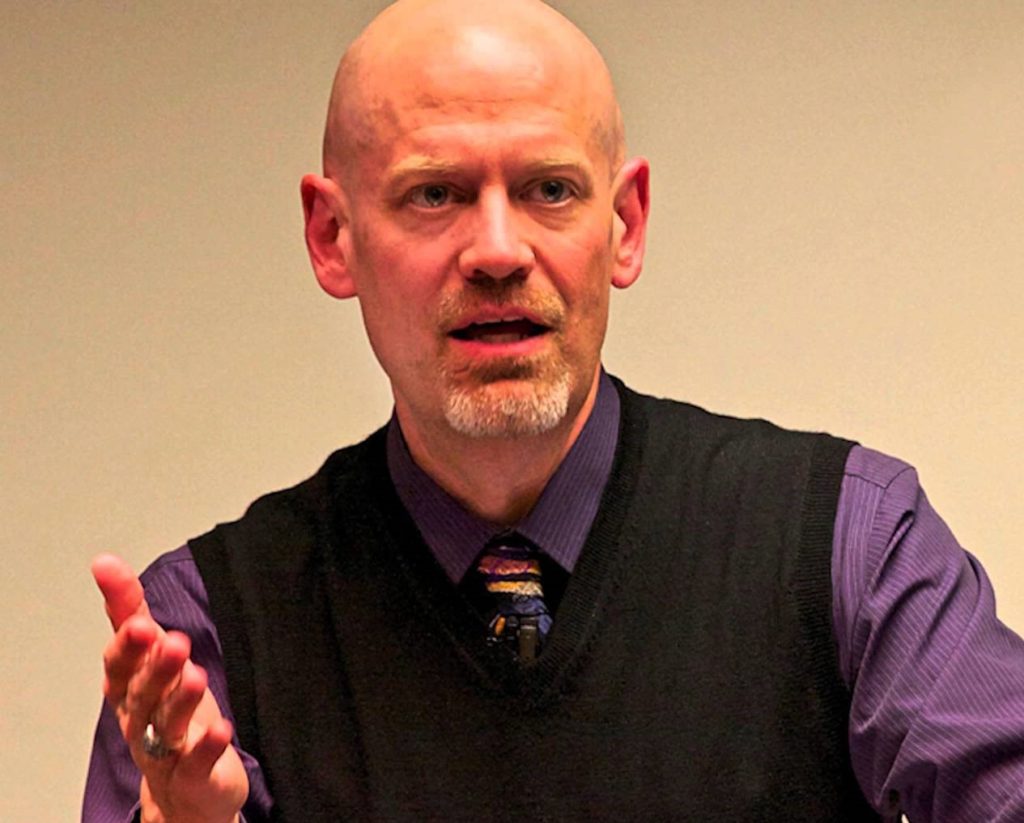|
Listen to this post:
|

As promised, here is why I think Dr. White is so confident that objectors to the Incarnation who cite the Father being Jesus’s god are pitifully begging the question (that is, assuming the very thing that needs proving).
I think he assumes that necessarily, any human, as such, is subject to God.
I agree! It is not possible that there is a human who is not a creature of the perfect God, and so owes worship to God.
This is what Dr. White is thinking (in my words):
We believe in Incarnation. This means that Yahweh has become a man. And so of course he will have to be subject to God. You should expect to see him, while he is a man, worshiping God. So if you point out that Jesus worships God, and so must not be God – well, you’re just not paying attention to what we’re saying!
But this just ignores the point that necessarily, God is subject to no one and has no god over him! Just in virtue of his essential perfections, he’s king of the hill, no matter what else exists.
Perhaps someone will say “As God, Jesus is subject to no god, but as man, Jesus has a god over him.”
But these extra words are no help at all. We’re talking about one and the same Jesus here. If because he’s God he has no god, and also because he’s a man he has a god – we’ve just said that Jesus is and isn’t subject to a god. The statement in quotes above just slightly obscures the contradiction.
I think the dispute before us can be distilled into an inconsistent triad, that is, three claims such that logically if any two are true, the remaining one must be false.

- Necessarily, God is the god over any human beings there are.
- Necessarily, God is not his own god.
- Possibly, God becomes a human being.
Let’s run through the possibilities. If (1) God must be the god of any human there is, and yet (2) necessarily, he can’t be god over himself, then it is false that (3) possibly, he becomes human. So 1 and 2 imply not-3. Similarly, if (2) God can’t be god over himself, and yet (3) he might become a human, then it is false that (1) necessarily, God is the god over any human – because there might be a human he isn’t the god over! So 2 and 3 imply not-1. The last combination: suppose that (1) Necessarily, God is god over any human, and (3) possibly, God becomes human. It follows that it is false that (2) necessarily, God can’t be his own god – for he might be that, if he were to become human. So 1 and 3 imply not-2. All parties should agree that it is impossible for all three claims to be true.
As I understand him, White reasons as follows: obviously, scripture affirms 3 because it clearly asserts that God has actually become a human being. (Whatever is actual is therefore metaphysically possible too.) And scripture clearly affirms 1; any human must be subject to God. Surely then, anyone who believes scripture must deny 2. (Scripture implies the truth of both 1 and 3, and together these imply the falsity of 2.)
To the contrary, I reason: 2 is implied by scripture and also is just an obvious, self-evident truth. And 1 is foundational to Christian theology. I’m not sure it’s asserted in the Bible, but it may be assumed there, and is arguably required by the doctrines of divine necessity and free creation. But 1 and 2 imply 3, so a Christian who wants to conform his mind to scripture ought to deny 3 – because if 1 and 2 are true, then 3 is false. Does the Bible clearly teach that the man Jesus is Yahweh himself? Absolutely not! Such a reading of the Bible depends on many contentious and doubtful inferences from the texts. Our recognition of 1 and 2, and their implication that 3 is false, is a good reason to look for other principled readings of those texts.
Dr. White adheres to the catholic claim that Incarnation is essential to Christianity, indeed its very core, its most central claim. If it conflicts with self-evident truths – well, “human reason” must be at fault.
To the contrary, Incarnation is neither essential nor central to New Testament theology. There is a clash here between later traditions and scripture. We can and should steer around obvious falsehoods in interpreting scripture; truth-seeking requires no less. In fact, Dr. White does this every time he seeks to read scripture as consistent with itself. It’s just that he must make an exception in this case, to preserve catholic tradition. Better he should reform it!
White’s charge of question-begging is not helpful, when it comes to this issue. If he thinks we should deny 2 while affirming 1 and 3, let him explain why.
